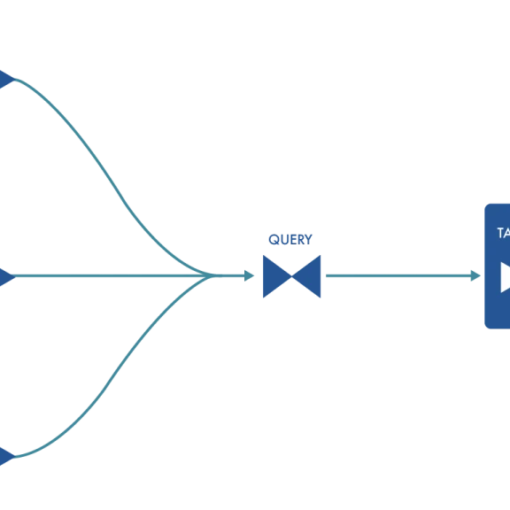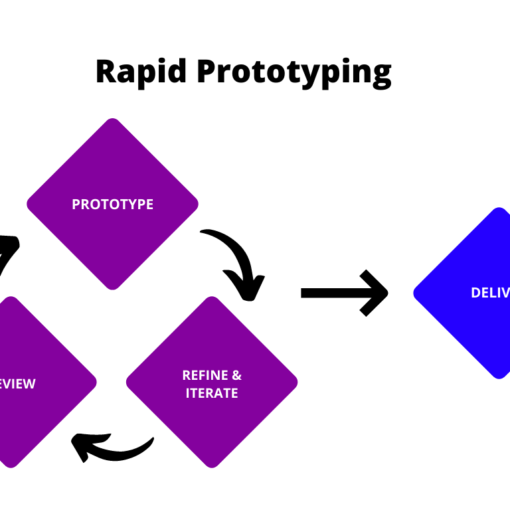In the dynamic world of databases, the performance of an Oracle database is critical to the smooth operation of applications and the overall efficiency of an organization. Performance tuning in Oracle is not just a task; it’s an art and a science that can unlock the true potential of your database.
The Significance of Performance Tuning in Oracle
Performance tuning in Oracle is the process of optimizing the database and SQL queries to ensure optimal response times and resource utilization. It goes beyond reactive fixes, focusing on proactively enhancing the efficiency and speed of database operations.
Key Components of Oracle Database Performance
1. SQL Query Optimization
Optimizing SQL queries involves fine-tuning the structure and execution plans to minimize response times and improve overall database performance.
2. Indexing Strategies
Effective indexing is crucial for fast data retrieval. Choosing the right indexes and periodically maintaining them is key to performance tuning.
3. Memory Management
Optimal memory allocation and management prevent resource contention, ensuring that the database operates smoothly even under heavy loads.
Common Performance Issues and Their Impact
1. Slow Query Execution
Slow queries can significantly impact application responsiveness and user experience.
2. Resource Contention
Contending for resources like CPU, memory, or disk I/O can lead to bottlenecks and degrade database performance.
3. Disk I/O Bottlenecks
Slow disk I/O operations can be a major hindrance to overall database speed, affecting read and write operations.
Strategies for Effective Performance Tuning
1. Regular Database Monitoring
Proactive monitoring helps identify performance issues before they become critical, allowing for timely intervention.
2. Query Rewriting and Refactoring
Optimizing poorly performing queries through rewriting or refactoring ensures efficient data retrieval.
3. Index Maintenance
Regularly reviewing and maintaining indexes prevents fragmentation and ensures their continued effectiveness.
Oracle Tools for Performance Tuning
1. Oracle Enterprise Manager
A comprehensive tool for monitoring and managing Oracle databases, providing insights into performance metrics.
2. SQL Tuning Advisor
Analyzes SQL statements and provides recommendations for improving their execution plans.
3. Automatic Workload Repository (AWR)
Captures a comprehensive set of performance-related data, enabling in-depth analysis and tuning.
Real-world Applications and Success Stories
1. Enhanced Application Responsiveness
Performance tuning has led to applications responding faster, resulting in improved user satisfaction.
2. Improved User Experience
Users experience faster load times and smoother interactions with applications, enhancing overall usability.
3. Cost Savings and Resource Optimization
Optimized performance translates to efficient resource utilization, leading to cost savings in hardware and maintenance.
Challenges in Performance Tuning and How to Overcome Them
1. Balancing Act between Performance and Resource Utilization
Finding the right balance between optimal performance and efficient resource utilization is a continuous challenge.
2. Managing Tuning in High-Transaction Environments
In high-transaction environments, tuning must be carefully managed to avoid disruptions to ongoing operations.
3. Adapting to Evolving Workloads
The dynamic nature of workloads requires constant adaptation in tuning strategies to ensure continued efficiency.
Future Trends in Oracle Performance Tuning
1. Machine Learning Integration
The integration of machine learning algorithms for predicting and optimizing performance is on the horizon.
2. Automated Performance Tuning
Automation will play a more significant role in identifying and implementing performance optimizations.
3. Cloud-Based Tuning Solutions
With the shift to cloud-based infrastructures, performance tuning solutions tailored for the cloud will become more prevalent.
User Testimonials
1. Database Administrator Insights
“Oracle performance tuning has become a cornerstone of our database management strategy. It’s a proactive approach that pays off in terms of reliability and speed.”
2. Developer Experiences
“As a developer, the impact of performance tuning is evident in the responsiveness of applications. It’s like giving our code a turbo boost.”
3. Business Impact
“The business impact of performance tuning goes beyond speed—it translates to cost savings, improved user satisfaction, and a competitive edge.”
Tips for DIY Performance Tuning
1. Regular Backups and Rollbacks
Before implementing changes, ensure you have backups and rollback plans to revert in case of unexpected issues.
2. Understanding Execution Plans
Develop a solid understanding of SQL execution plans to identify areas for improvement in query performance.
3. Utilizing Oracle’s Diagnostics and Tuning Packs
Take advantage of Oracle’s advanced diagnostic and tuning packs for in-depth analysis and recommendations.
Case Study: Transformational Impact of Performance Tuning
1. Before Tuning Implementation
Highlighting the challenges and inefficiencies faced by a company before adopting performance tuning strategies.
2. Post-Implementation Results
Detailing the positive changes, increased efficiency, and improved performance metrics post-implementation.
3. Key Takeaways
Summarize the key lessons learned and benefits gained from the performance tuning journey.
Conclusion
In conclusion, performance tuning in Oracle is not just about making your database faster; it’s about creating a foundation for reliable, efficient, and future-proof operations. Embrace performance tuning as a proactive strategy to ensure your Oracle database operates at its full potential.
Frequently Asked Questions (FAQs)
- How often should I perform performance tuning on my Oracle database?
- The frequency depends on factors like workload changes and application updates, but it’s advisable to conduct regular reviews, at least quarterly.
- Can performance tuning be done without impacting ongoing operations?
- Yes, with careful planning and execution, performance tuning can be conducted with minimal impact on ongoing operations.
- Is performance tuning only relevant for large enterprises with extensive databases?
- No, performance tuning is relevant for databases of all sizes. Small databases can benefit from improved efficiency and faster response times.
- What role does indexing play in performance tuning?
- Indexing is crucial in performance tuning as it enhances data retrieval speed. Regularly reviewing and optimizing indexes is a key aspect of tuning.
You may be interested in:





